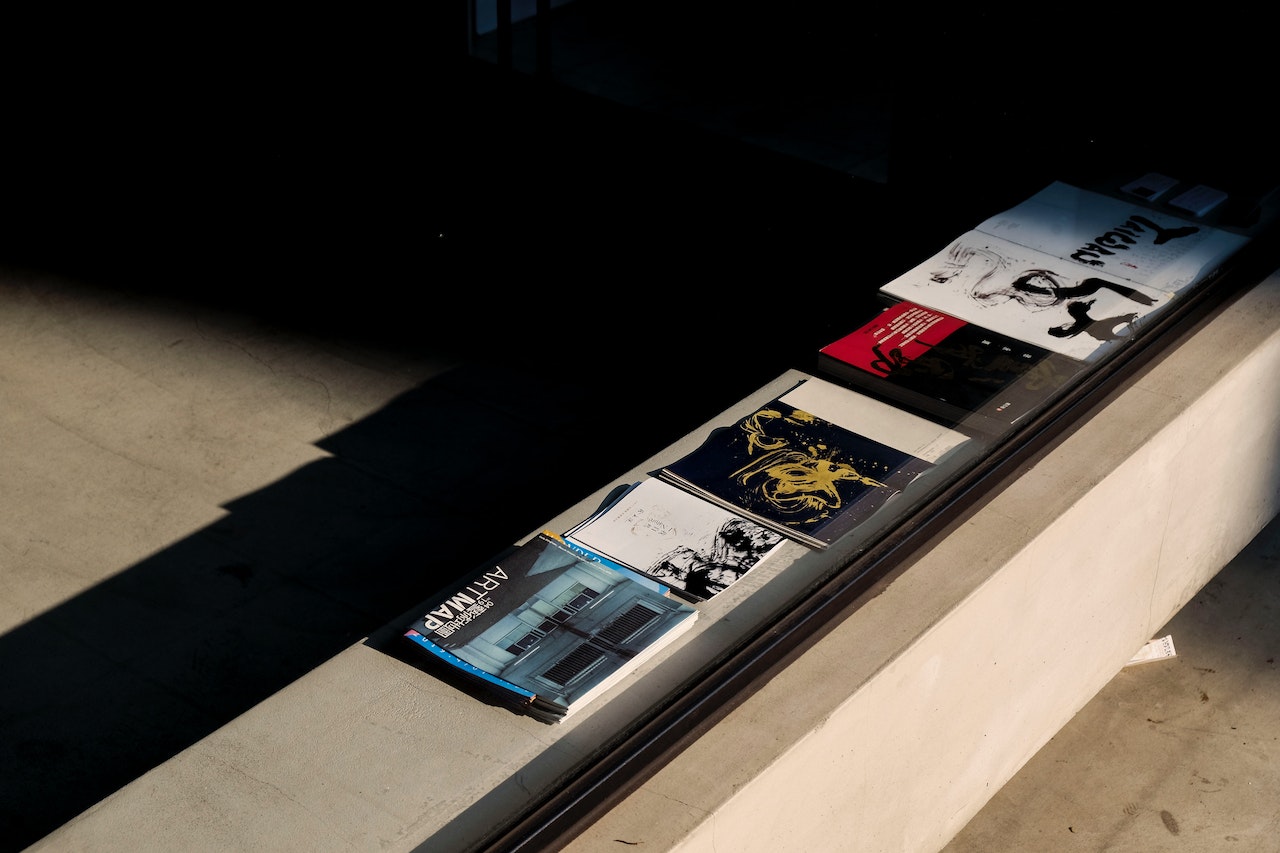In the past, songs usually became popular through radio or music videos. Now, TikTok helps many songs reach millions of people in just a few days. Even old songs can return to the charts if someone uses them in a viral video.
This change means that music hits don’t always come from big record labels. A song can go from unknown to global just because it fits a trend or challenge. TikTok is short, fast, and full of creativity. If your song works with a dance or meme, it can quickly spread.
This new path to success has changed how artists release music. Many now think about TikTok first when planning a new single. Even DJs from non GamStop casinos sometimes play trending TikTok hits because they know crowds will react to them.
What works on TikTok is not always the same as what works on radio—but it is just as powerful now.
Short Clips Help Unknown Artists Grow
TikTok gives a chance to artists who don’t have money for big promotion. One good clip, shared at the right time, can bring huge attention. It can be a part of a verse, a chorus, or even just a funny line.
Many new artists now write music with TikTok in mind. They try to create parts that feel catchy after just a few seconds. Some even test their songs on the app before releasing the full track.
When a song works, people ask for the name, follow the artist, and stream it on other platforms. This kind of support used to take years to build. Now, it can happen in one week.
Big names like Doja Cat, Lil Nas X, and Ice Spice all started gaining attention this way. Now the same path is open for thousands of others trying to get heard.
The Algorithm Rewards Repetition
One reason TikTok helps songs spread is the way the app shows videos. If a clip is watched and liked by a few people, it gets shown to more. When a sound is used in many videos, it becomes even more visible.
This system rewards music with parts that people want to hear again and again. It can be a loud drop, a soft melody, or a clever line. If it fits with dance or drama, it spreads faster.
Because of this, even songs with low production quality can rise fast. It’s not always about clean sound—it’s about how well the music fits the moment.
This system also gives second chances. A song that failed last year might blow up today because someone used it in a new way. TikTok’s algorithm does not care about the past—it cares about what works now.
Artists Use TikTok to Test Songs
TikTok is not just a tool for going viral. Many musicians now use it to test songs before full release. They post 15-second clips and wait to see how people react.
If the comments are good, and people start using the sound, the artist knows it’s time to drop the full version. If not, they move on and try something else.
This helps artists save time and money. It’s like getting feedback before printing the whole album. Some even ask their followers which version of a chorus sounds better.
Big names do it, but so do smaller acts. TikTok has become part of the studio process, not just the marketing side. It shows how deeply the app is now linked to the way music is made and shared.
Labels Now Watch TikTok for Talent
Record labels used to find talent in clubs, small venues, or music schools. Now, many start by checking TikTok. If someone has a sound that works and a growing audience, they often get contacted by talent scouts.
The numbers on TikTok—followers, likes, reposts—are easy to track. For labels, this is a way to reduce risk. They don’t have to guess if someone will be popular. If the song is already trending, they know it has potential.
This change means that even artists with no formal training can get noticed. All it takes is one creative idea and a working phone. TikTok has made the music world more open—but also more competitive.
For new artists, this is both exciting and stressful. One post can change your life, but you also need to keep posting all the time to stay visible.
Sound Trends Influence Music Style
TikTok has changed not only what becomes popular, but also how music sounds. Because the app works in short videos, songs often start strong. They avoid slow intros and aim to grab attention quickly.
Some songs now include clear “hooks” that work well with lip syncs or dances. Others use simple beats or funny lines. Artists know that if people can act out the song, they might post a video with it.
This focus on short and clear moments is changing the way songs are written. Even outside of TikTok, other platforms now feel the effect. YouTube Shorts, Instagram Reels, and ads copy the same format.
It’s not only pop music that changes. Rap, R&B, electronic, and even rock are now shaped by what works in 15 seconds. TikTok is not just following trends—it is making them.
Older Songs Get New Life
One of the most surprising effects of TikTok is how it brings old music back. A song from the 1980s or 2000s can trend again if someone uses it in the right video.
You might hear a forgotten ballad in a slow-motion clip, or a disco song in a comedy video. If people like it, they search for the full track and share it again.
This helps artists who are no longer active to see new streams and money. It also connects generations. Teenagers who were not born when the song came out now sing along.
Because of TikTok, the idea of “new music” has changed. What matters is not when a song was made, but how it fits today’s mood and content. In some cases, it has even led to old bands going on tour again.
Not All Viral Songs Last
While TikTok can make a song go viral, not all hits stay strong. Some songs rise fast and drop even faster. This is called a “one-hit wonder” effect.
Because trends move quickly, a song that is everywhere one week might feel overused the next. If people hear it too much, they may stop playing it altogether.
This puts pressure on new artists to follow up with more music quickly. But that’s not easy. The second song may not get the same attention, and some careers stop before they start.
This shows that while TikTok is powerful, it is not a guarantee of long-term success. To stay in music, artists still need strong songs, good planning, and sometimes a bit of luck.




